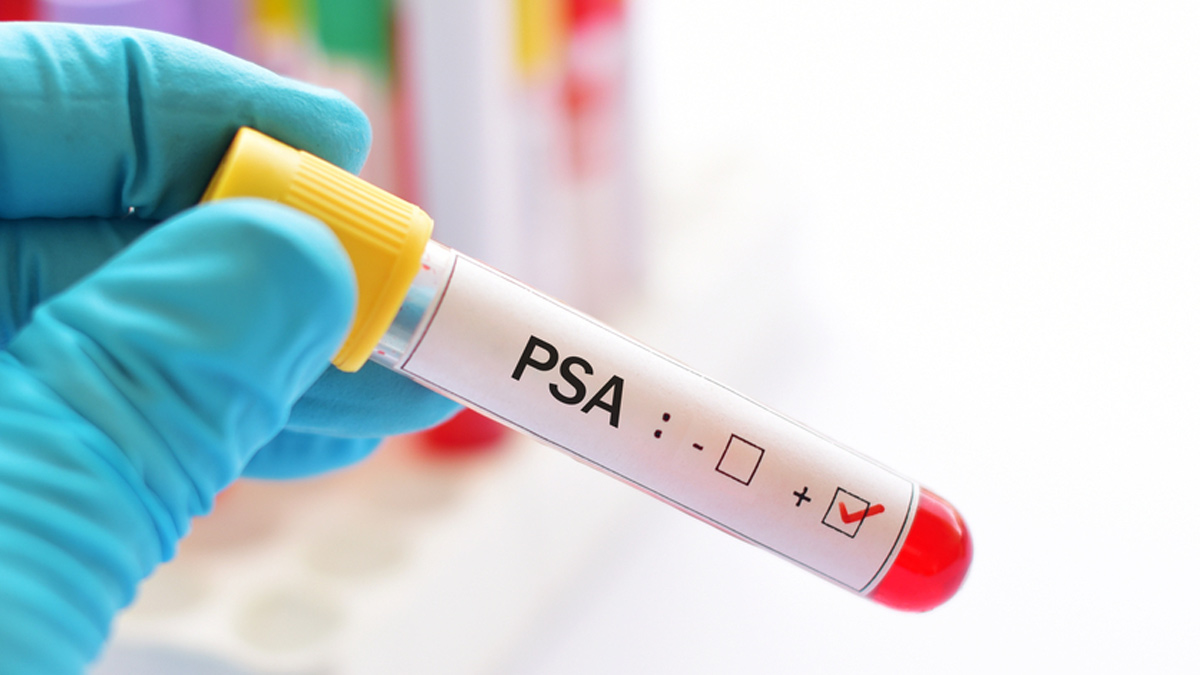
The prostate is an integral part of the male reproductive system, whose primary function is to produce semen, which is a fluid that is slightly alkaline in nature and helps nourish and protect the sperm, said Dr Santosh Gawali, Consultant Urologist, Jaslok Hospital and Research Centre, Mumbai, in a conversation with the OnlyMyHealth team.
Table of Content:-
Prostate health is not a widely spoken-about or discussed topic in society, which is why many men suffer the negative consequences of overlooking the problems associated with the organ. Not only is it important to know the symptoms of a prostate issue, but it is also crucial to understand how a healthy prostate functions. Here’s what Dr Gawali had to say.
Also Read: PSA Test For Prostate Cancer Diagnosis: Things Men Need To Know About It
Normal Urinary Functions Indicate A Healthy Prostate

The prostate is described as a small, walnut-sized gland located just below the bladder in men. It surrounds the urethra, which is the tube that carries urine and semen out of the body. Therefore, prostate health can be determined by a healthy, functioning urinary system. Some of the signs of a healthy prostate include:
- Regular and consistent urine flow
- No urgency or frequent urination, especially at night
- No difficulty starting or stopping urine flow
- Emptying the bladder fully without issues
In addition, if you have normal sexual function or pain-free sexual activity, it could be a sign of a healthy prostate. But ensure that you get regular prostate screenings, as most problems can be asymptomatic, including prostate cancer.
PSA Test For Prostate Screening
If you want to know the condition of your prostate and whether it is functioning properly or not, you can get a prostate-specific antigen (PSA) test, which measures the level of a protein found exclusively in the prostatic tissue.
If the levels are elevated or more than 4 ng/ml, it could signal a problem, whereas if they are less than 4 ng/ml, it could indicate a healthy prostate.
Common Prostate Conditions To Note

Some of the common prostate-related conditions include:
Benign Prostatic Hyperplasia (BPH): This condition involves the non-cancerous enlargement of the prostate gland, which can cause problems with urination.
Prostatitis: Prostatitis is the inflammation of the prostate gland and can be caused by bacterial infection. It can lead to symptoms such as pain or discomfort in the pelvic area, difficulty urinating, and sometimes fever.
Prostate Cancer: Prostate cancer is a malignancy that occurs in the prostate gland, which accounted for an estimated 14 lakh new cancer cases and 3.75 lakh deaths in 2020, according to research published in the Journal Frontiers of Public Health. In India, prostate cancer cases for the periods 2010, 2015, and 2020 were estimated at 26,120, 28,079, and 30,185, respectively, as per data published in the Indian Journal of Urology (IJU). Dr Gawali said that the early stages of prostate cancer may not cause symptoms, but as it progresses, it can lead to problems with urination, blood in the urine, and other symptoms.
Also Read: Did You Know There Are Different Types Of Prostate Cancer? Know Which Is The Most Common One
Symptoms Of An Unhealthy Prostate

Here are some common symptoms associated with prostate problems:
- Frequent urination, especially at night (nocturia)
- Urgency to urinate
- Difficulty starting or maintaining a urine stream
- Weak urine stream
- Dribbling at the end of urination
- Incomplete emptying of the bladder
- Burning urination
- Blood in urine or semen
- Straining to pass urine
Conclusion
Just like any other organ in the body, the prostate also requires care. There are several conditions, such as prostatitis, BPH, and prostate cancer, that can affect the gland, leading to distressing symptoms. If left untreated, it can progress to further complications, and in the case of cancer, it can become life-threatening. Therefore, regularly self-examine your prostate—know how it looks and feels when it's normal—so that you can identify any changes that could indicate a problem.
Also watch this video
How we keep this article up to date:
We work with experts and keep a close eye on the latest in health and wellness. Whenever there is a new research or helpful information, we update our articles with accurate and useful advice.
Current Version
